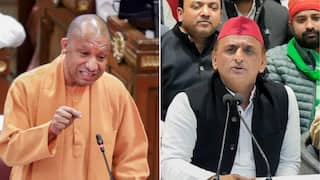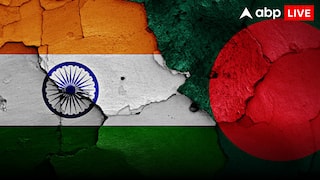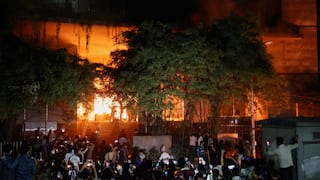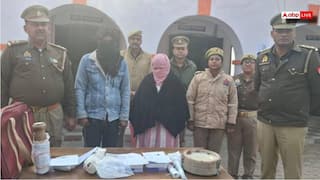Cannada-Based Khalistani Terrorist Pannun Wants To Divide India, Carve Out New Countries: Police Dossier
According to the dossier, Pannun's primary agenda through the Sikh for Justice (SFJ) organisation is to divide India and create a separate Muslim nation called the ‘democratic republic of Urduistan.’

New Delhi: Canada-based Khalistani terrorist Gurpatwant Singh Pannun wants to divide India and create many countries, the Delhi Police Special Cell's dossier on Pannu revealed.
According to the dossier, Pannun's primary agenda through the Sikh for Justice (SFJ) organisation is to divide India and create a separate Muslim nation called the ‘democratic republic of Urduistan’ in an attempt to separate Kashmir from India.
"Pannun aims to divide India along religious lines. He intends to influence the country's Muslim population to establish a separate Muslim nation, which he wishes to name the 'democratic republic of Urduistan," IANS reported citing the dossier.
“Furthermore, he is actively working to radicalise the people of Kashmir in order to potentially facilitate Kashmir's separation from India," it added.
As per the police dossier, there are 16 cases registered against Pannu across the country, including in Delhi, Punjab, Himachal Pradesh, Haryana, and Uttarakhand.
Pannun announced a reward of $2.5 million for anyone who raises the Khalistani flag at India Gate. He had also declared a reward of $1 million for any police officer who prevented the unfurling of the Tricolour at the Red Fort on August 15, 2021.
On July 7, 2022, the Ministry of Home Affairs (MHA) declared him a listed terrorist.
Earlier on Saturday, the National Investigation Agency (NIA) seized the Chandigarh house and agricultural land of Gurpatwant Pannun at village Khankot in Amritsar.
The action was taken on the orders of the NIA court. The officials of the agency pasted a property confiscation notice outside a house owned by banned Sikhs for Justice (SFJ) founder and designated terrorist Gurpatwant Singh Pannu, in Chandigarh.
This comes as India and Canada are engaged in a diplomatic stand-off over the killing of Sikh extremist leader Hardeep Singh Nijjar.
Canadian PM Justin Trudeau alleged that a "potential link" between the Indian government and the killing of Nijjar has been found, and also expelled a senior Indian diplomat. Later, India rejected remarks as 'absurd and motivated' and expelled a Canadian diplomat and also asked them to reduce diplomatic staff.






































